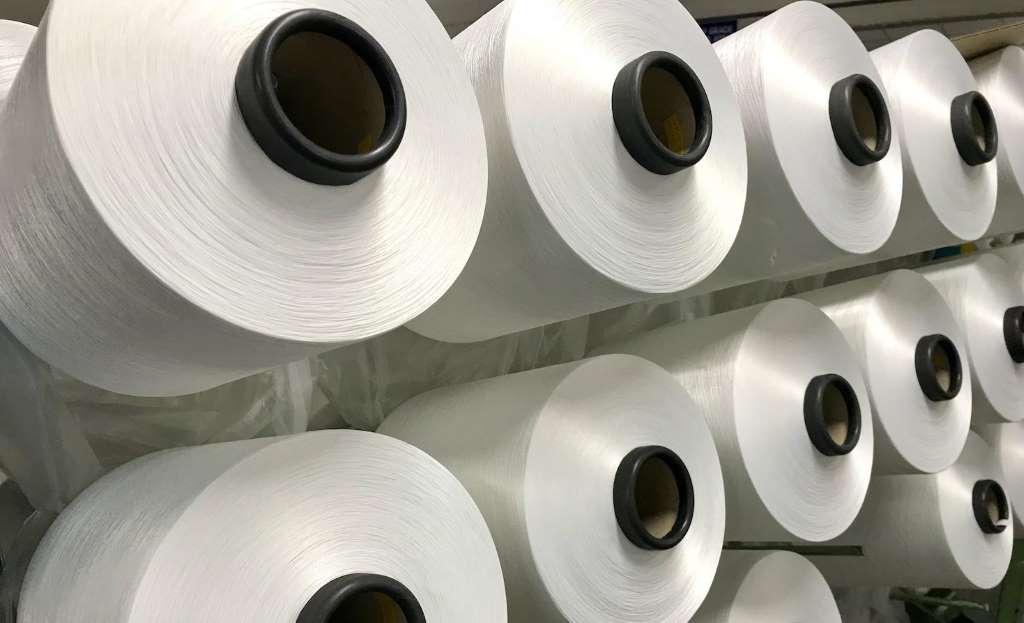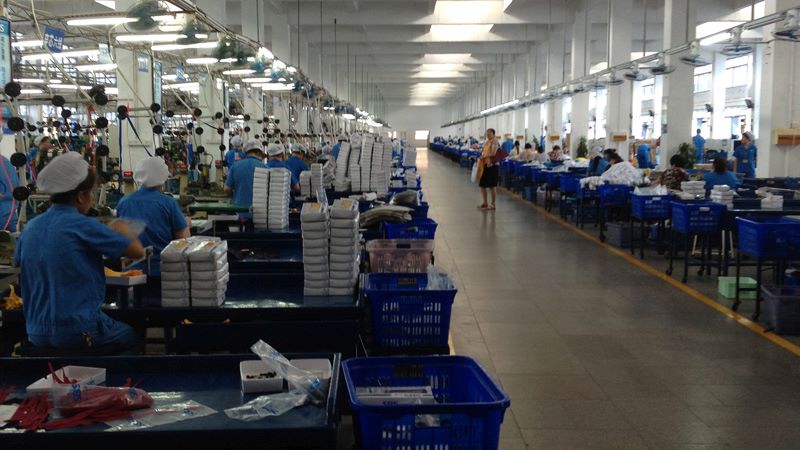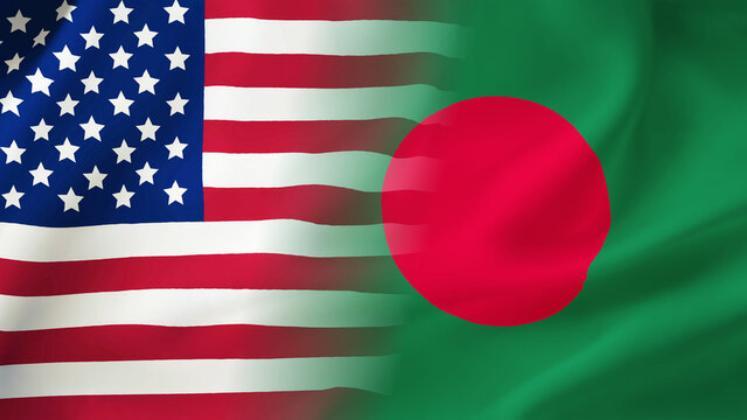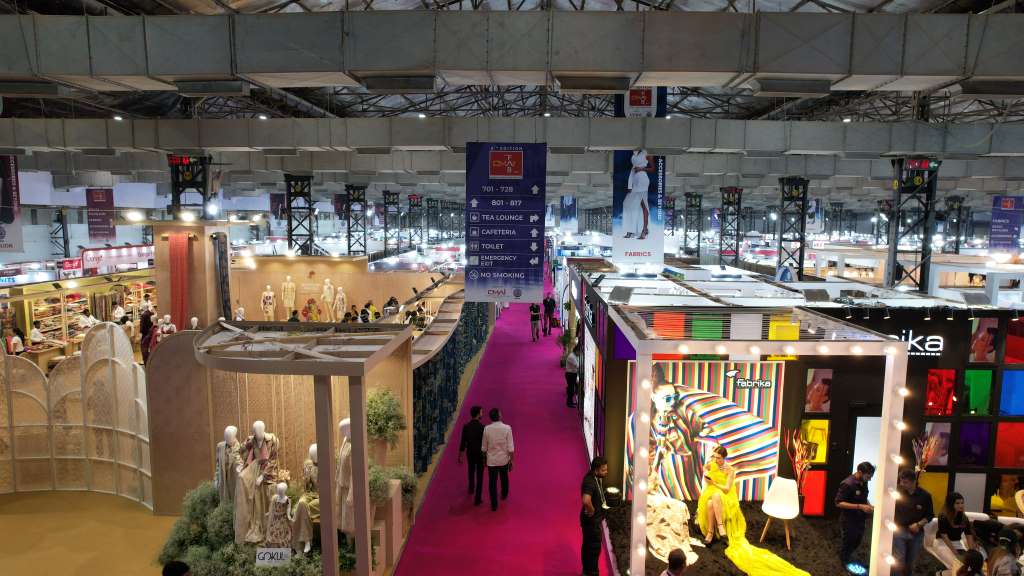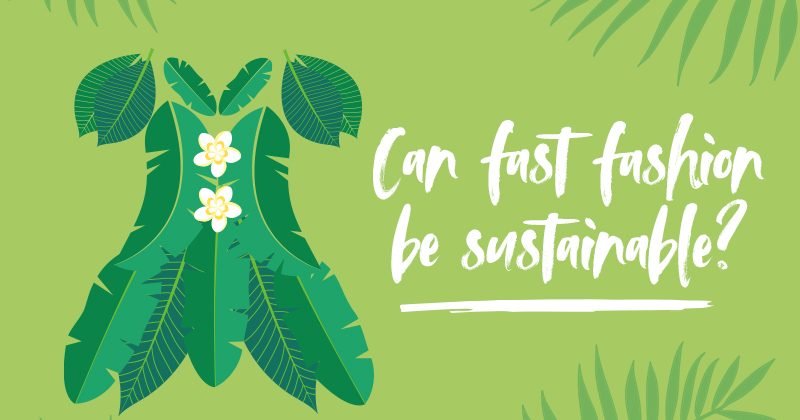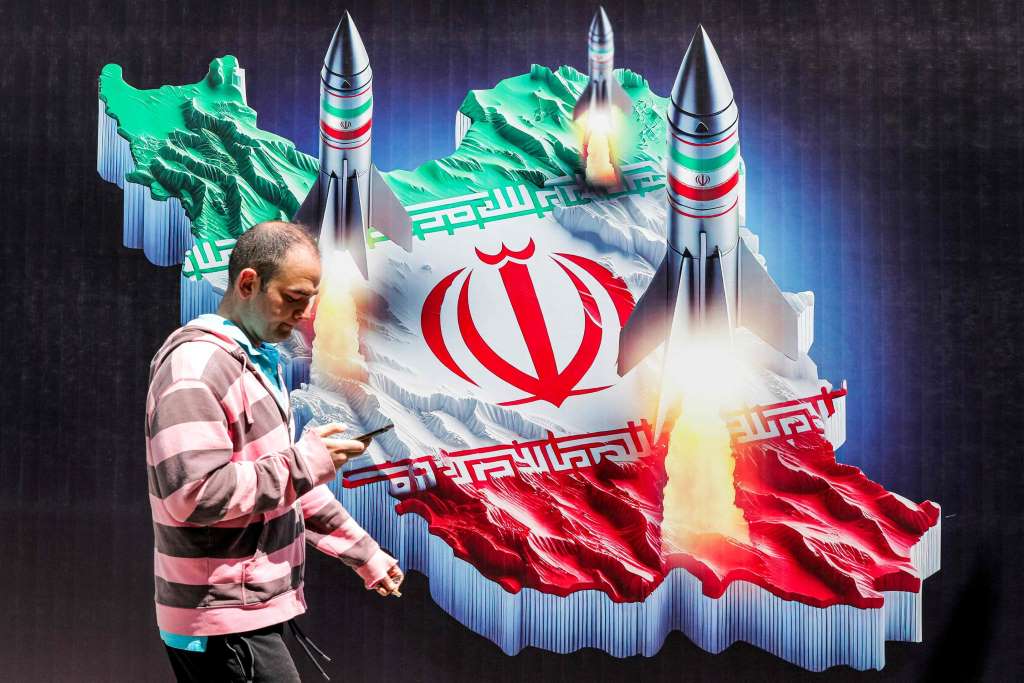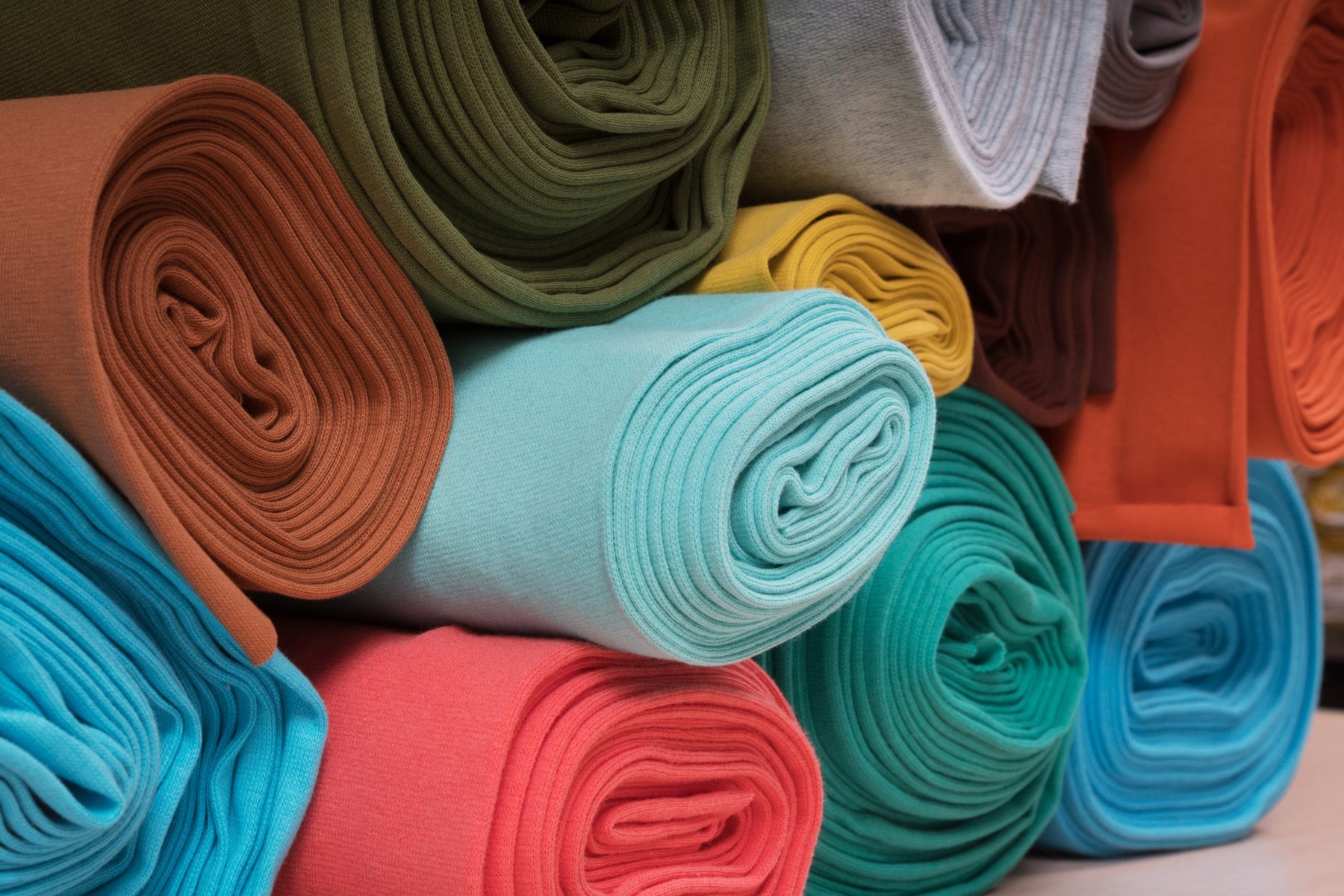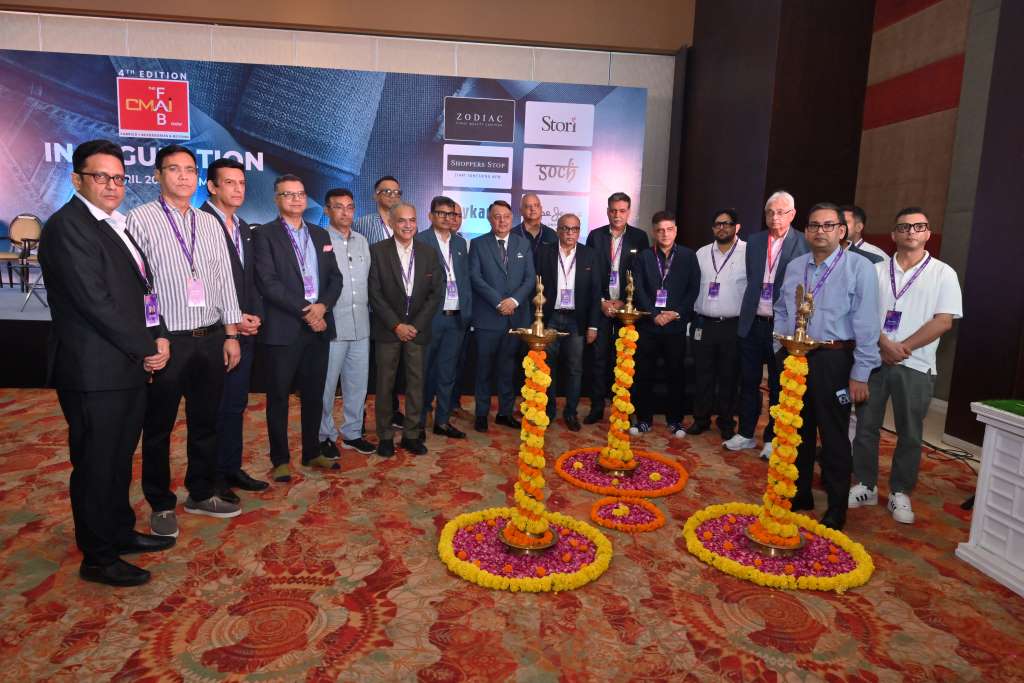"As is well known now, a recent investigation on luxury beddings offered by Welspun India to Walmartm the world’s largest retailers, has dented the futures of Indian textile industry among global peers. As per investigation, major American retailers, including Target and Walmart, have been selling premium-priced sheets purportedly made with Egyptian cotton – a byword for luxury in linen – but that may be woven with lower-quality cotton blends in reality."

As is well known now, a recent investigation on luxury beddings offered by Welspun India to Walmartm the world’s largest retailers, has dented the futures of Indian textile industry among global peers. As per investigation, major American retailers, including Target and Walmart, have been selling premium-priced sheets purportedly made with Egyptian cotton – a byword for luxury in linen – but that may be woven with lower-quality cotton blends in reality.

Three law suits seeking to be certified as class-actions have been filed against supplier Welspun India -- and a separate one last week was directed at Walmart. The complaint, filed in New York by customer Dorothy Monahan, accuses the world’s largest retailer of questioning the fibre content of Welspun’s products as early as 2008 but not halting its sales until after Target did so in August. The other lawsuits, all filed in the US against Welspun, allege the company fraudulently labelled its bedsheets as Egyptian cotton. If all reports are to believed, it’s PR machinery which is to be blamed for placing high-quality cotton and Egyptian cotton as synonymous.
Target has already ended its partnership of its $90 million in annual business with the Indian supplier, and Walmart Stores has stopped selling Welspun sheets that had been labelled 100 per cent Egyptian cotton. Bed Bath & Beyond Inc. followed suit.
The fake Egyptian sheet episode came to light after exhaustive work by Target investigators who analysed sheet fibres under microscopes and tracked their journey through a global supply chain. The probe found that 750,000 of Target’s Egyptian cotton sheets, sold for as much as $75 a pop, didn’t contain any Egyptian cotton at all, but a mix of lower-quality fibers from cheaper sources. It may also create a dent for Indian textile manufacturers in the race to supply Western consumers with high-quality sheets and towels, thereby making way for its competitors such as China to take on business.
The sheets fiasco reflects a simple reality: There’s a scarcity of Egyptian cotton. It first became a key export product in the early 19th century, when it arrived in France and became sought after for its silky feel. Production has been falling since the 1990s, however, and last year Egypt’s post-revolutionary military government ended subsidies for cotton farmers to shore up the state budget. A gradual decline in output has become a precipitous plunge. The U.S. Department of Agriculture estimates there will be a 53 percent decrease in production this year, to an all-time low of 160,000 bales.
Egyptian Cotton Certification Scenario
The system for certifying Egyptian cotton is administered from Cairo by the Cotton Egypt Association, an industry group that grants stamps of approval to suppliers of 100 per cent Egyptian cotton products. To receive one, a manufacturer pays an initial fee of $5,000 and submits records of Egyptian cotton purchases and product samples, which undergo DNA analysis to identify whether the fibres were grown in Egypt or elsewhere. The companies are charged an additional $3,000 annually for the certification.
But once a certification is granted, producers are mostly left alone until they need to renew their label a year later. Typically, suppliers like Welspun purchase cotton in raw form from Egypt for import to Asia, where it is converted into finished products for sale in the US and elsewhere. The highest-quality Egyptian material costs twice as much as the standard grade sourced from India, providing a powerful incentive to cheat. Factories have mixed the Egyptian cotton with other low quality cottons to make profit, which has ruined the reputation of Egyptian cotton.
Blending blunder
Blending has been rampant in the industry and is quietly compromised by many retail chains. Sometimes that means mixing good-quality non-Egyptian cotton that maintains the same feel amid shortages of the real thing, but it also often includes using cheaper grades to save money.

